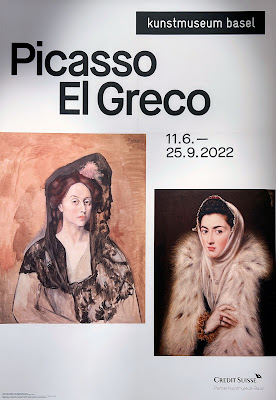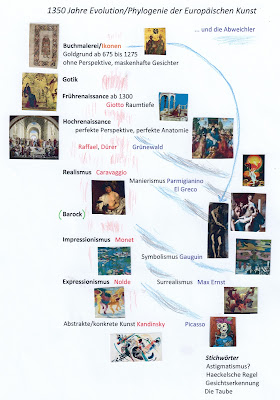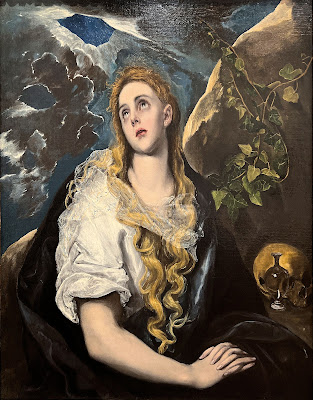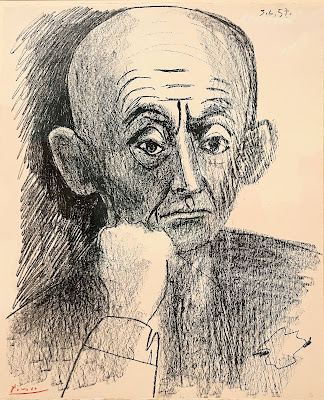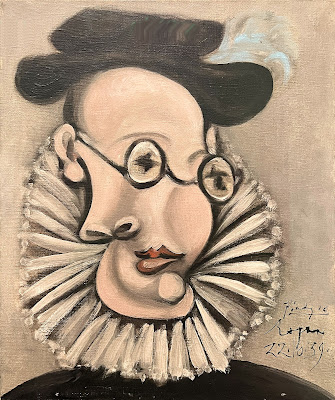With all those cellphones around, Jerry asks the pertinent question of whether he still needs a landline and moans, "I pay about $45/month to keep the damn landline (I also have AT&T wireless), but while I use the wireless, I never use the landline. Give me one reason why I should keep it!"
Red Baron pays 60 euros/month, including a fast Internet connection (up to 100 MHz/sec) and one Website domain. The monthly sum also includes a telephone flat rate in the EU, Switzerland, and the US. These flat rates are the main reason why I keep my landline.
For a long the two-wire analog telephone connection is history. My landline comprises four mobile stations distributed in my apartment that work with VoIP (Voice over Internet Protocol). Still, when somebody rarely calls me on my Festnetz, I am usually too late to pick up one of the receivers before the last ring. Luckily these units let you call back instantaneously. Consequently, I no longer proffer my Festnetznummer and replaced it with my mobile number, for I always carry my iPhone. When it vibrates* in an awful situation, I answer the call with my Apple watch, telling the person that I will call back later.
*It never rings
In his blog, Jerry lists eight arguments in favor of the landline and rejects them all. However, reason number 6 is strange as it reads: "You need your (fixed network) phone to work when you lose power."
When I lose power in my apartment, my Internet is dead, and so is my landline*. On the other hand, my mobile phone is working and lets me call the power company.
*It happened once
In 2020 a survey in Germany revealed that 73% of the respondents between 18 and 69 used a landline. Strangely enough, the same poll in 2021 showed that the number had increased to 81%. According to an expert, cell phone reception is inadequate at home for many people, "Mobile coverage continues to leave much to be desired, especially indoors."
Not for
Red Baron, who is spoiled by an excellent 5G coverage. Still, I shall keep my
Festnetz.
*

